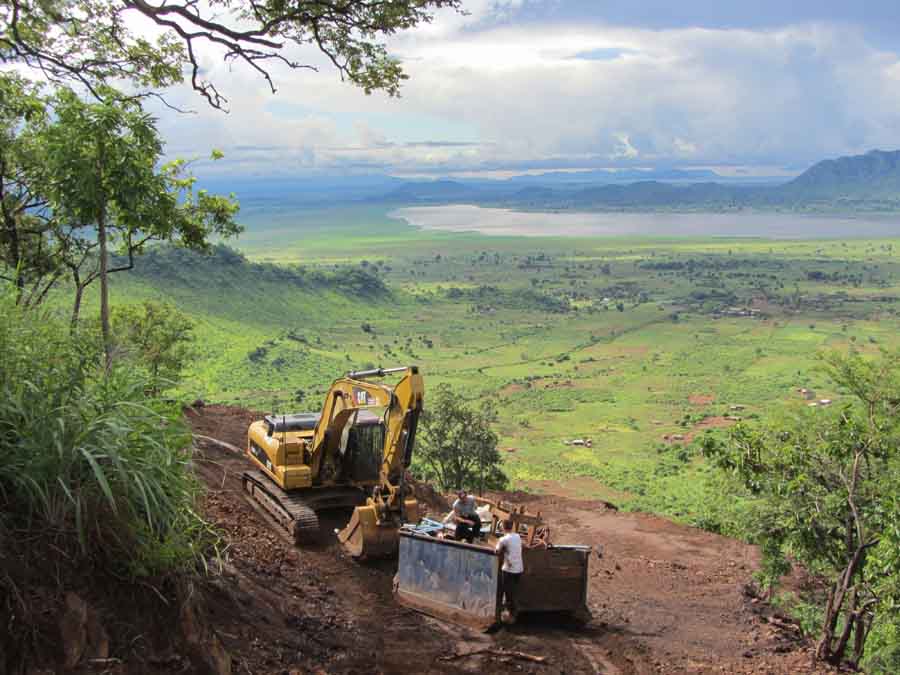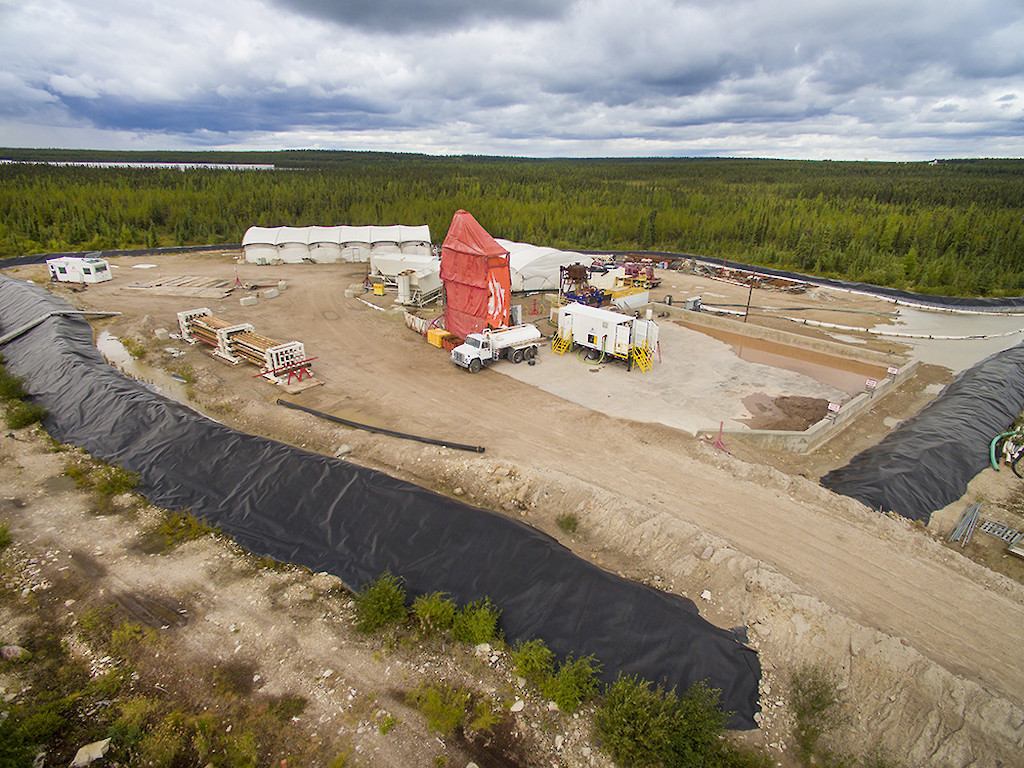Mining
Tuesday, July 5th, 2022 10:53 am EDT

Earlier this year, Mkango announced that it has produced neodymium- and praseodymium-enriched rare earth carbonate on a pilot basis from raw materials taken from the Songwe Hill property, where it has been exploring since 2010.
The DFS is based on a conventional open pit mining operation with grinding, flotation and hydrometallurgy plants on site to produce a mixed rare earth carbonate (MREC).
As outlined in the study, the Songwe project has operating life of 18 years, with mining assumed to start in February 2025. Processing is expected to ramp up from July 2025, reaching full production from September 2025.
Once in full production, Songwe is expected to produce an average of 5,954 tonnes of total rare earth oxides (TREO) per year over the first five years. These include 1,953 t/y of neodymium and praseodymium oxides, and 56 t/y of dysprosium and terbium oxides, in a mixed rare earth carbonate grading 55% TREO. The project will generate a nominal EBITDA of $215 million per year.
The study indicates a post-tax net present value of $559 million, using a 10% discount rate, with an internal rate of return of 31.5%. Initial capital expenditure for the project is estimated to be $277 million (excluding a $34 million contingency) for development of mine, processing facilities, tailings management facility, and related project infrastructure.
The NPV calculation excludes any value attributable to the proposed Pulawy rare earth separation project in Poland, which is expected to process MREC from Songwe, enabling Mkango to capture additional value via its integrated downstream business. The NPV also excludes any value attributable to the company’s interests in rare earth magnet recycling.
With the release of the study, Songwe is now confirmed as one of the very few rare earths projects globally to have reached the DFS stage, with a full environmental, social, health impact assessment (ESHIA) completed in compliance with international standards.
William Dawes, chief executive of Mkango, said, “The DFS is a major step forward for the company, uniquely positioning Mkango as a future supplier of both mined and recycled rare earths for the green transition, against a backdrop of a very strong demand and pricing outlook.”
The company will now look at finalizing its mining development agreement with the government of Malawi. After that, and following completion of a feasibility study on the Pulawy, Mkango plans to release a DFS for an integrated project comprising both the rare earth mining and separation projects.
This post has been syndicated from a third-party source. View the original article here.



